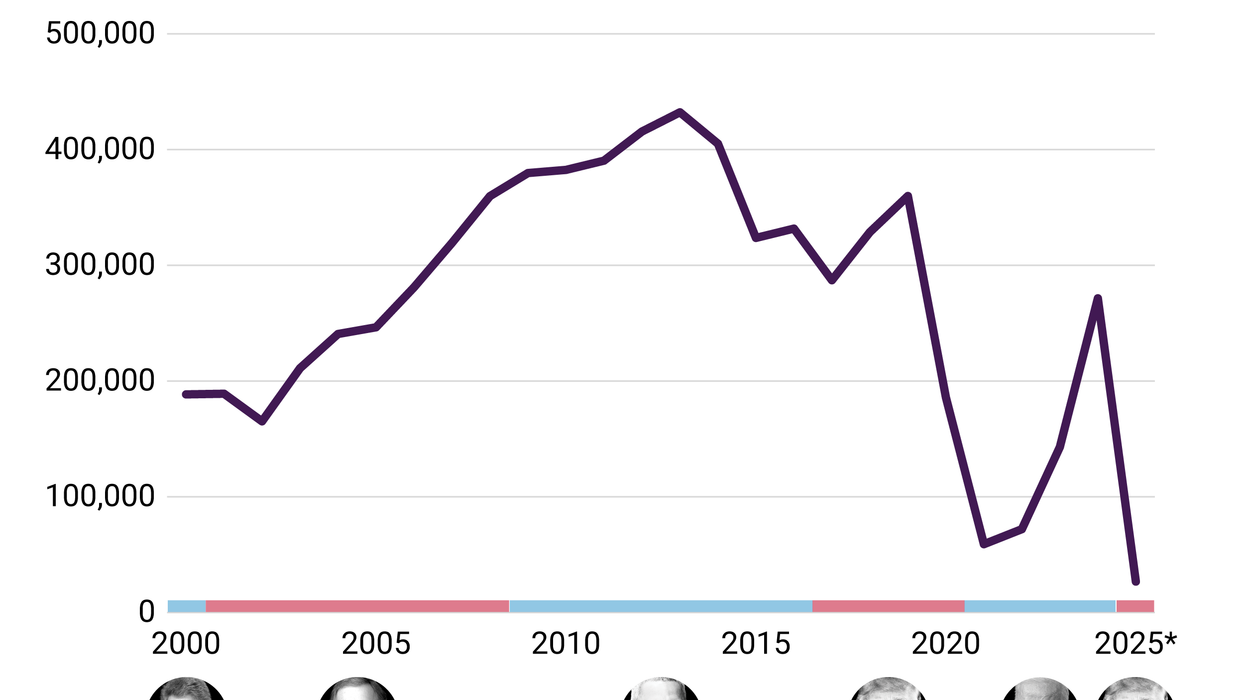This week Claudine Gay, Sally Kornbluth, and M. Elizabeth Magill, the presidents of Harvard, MIT, and the University of Pennsylvania, were brought before the House Committee on Education and the Workforce to speak about the dangerous rise of antisemitism on campus, especially since the Oct. 7 attacks.
The Israel-Hamas war has triggered an alarming rise in antisemitic incidents on and off campus and also a rise in Islamophobic incidents. It was so bad that back on Nov. 14, President Joe Biden released an action plan to combat antisemitic and Islamophobic events on US campuses.
So the university presidents were steeped in this issue and knew tensions had been running high. They came to Washington prepared – well, prepared for something, at least.
Sadly, expectations for these kinds of hearings are low. Politics in Washington today is more like eye surgery done with a pickax, so no one predicted a nuanced, academic discussion with three illustrious leaders. Still, what happened under the big marble-top circus of politics was a genuine surprise.
Amid the usual grandstanding, ax-grinding, partisan preening, camera mugging, sound-bite fishing — and there was a lot of that on culture war issues like “wokeism” – something noteworthy happened.
At five hours and 23 minutes into the hearing — you can watch it here – New York Republican Rep. Elise Stefanik, who graduated from Harvard in 2006, asked a basic question of the three presidents.
Here is part of the transcript, with Stefanik questioning the president of Penn, Dr. Magill.
Stefanik: … Does calling for the genocide of Jews constitute bullying or harassment?
Magill: If it is directed or severe and pervasive, it is harassment.
Stefanik: So, the answer is yes?
Magill: It is a context-dependent decision, Congresswoman.
Stefanik explodes in incredulity: This is the easiest question to answer yes, Ms. Magill.
Magill (smiles, oddly): If the speech becomes conduct. It can be harassment, yes.
Stefanik: Conduct meaning … committing the act of genocide? The speech is not harassment?
Stefanik gave Magill one more shot at the answer and got nowhere before asking Dr. Gay, president of Harvard, the same question.
Stefanik: Does calling for the genocide of Jews violate Harvard's rules of bullying and harassment, yes or no?
Gay: It can be, depending on the context.
You get the idea.
Apparently, on campuses, calling for genocide is bullying only in certain contexts (when is it not?) and only when it turns into action.
Remember, Stefanik was not asking here if the presidents would shut down such speeches on campus. Or take action. She asked a basic, theoretical question of whether calling for the genocide of Jews constituted bullying and harassment. Not a single president answered yes.
This was academentia at its worst. The term, of course, is not medical; it describes hyper-intelligent academics who appear to have lost touch with reality. So caught up in nuance and qualifiers that they can’t answer a simple question.
Imagine for a moment, someone asking, “Is calling for the genocide of all Muslims an act of bullying or harassment? Or the killing of all women? Or the killing of all African Americans, or LGBTQ people?"
Even if US academics uphold the First Amendment, which, in the US, protects hate speech — that was not the question. The question was simply whether calling for the genocide of a specific group hit the threshold of bullying on campus.
How hard is that? Harder than we thought.
Free speech in the US versus Canada is handled very differently. In Canada, there are reasonable limits to speech, and the Criminal Code section 319 is clear that hate speech and antisemitic speech are indictable offenses and are liable for imprisonment.
Context matters as well. Hate crimes against the Jewish, African-American, Muslim, and LGBTQ communities are all up, according to recent stats. The latest FBI hate crimes data shows a 25% rise in antisemitic hate crimes between 2021 and 2022 — which is more than half of all reported hate crimes — against a population that comprises less than 2.4% of the US population. Crimes against the LGBTQ, Black, and Muslim Americans are also overrepresented, but FBI Director Christopher Wray said this week that antisemitism is reaching “historic levels.”
The same is true in Canada, where most hate crimes still target the Jewish population, but the Muslim and Black populations are also targeted.
While the Israel-Hamas war is deeply polarizing, and confusing, there are not two sides to hate. University presidents should not have to duck behind talking points and prepared statements to answer a basic question about human decency. And university students should not have to learn in hate-filled environments. We need to trust our places of education now more than ever, not less.
Higher education should not mean lower common sense.


















